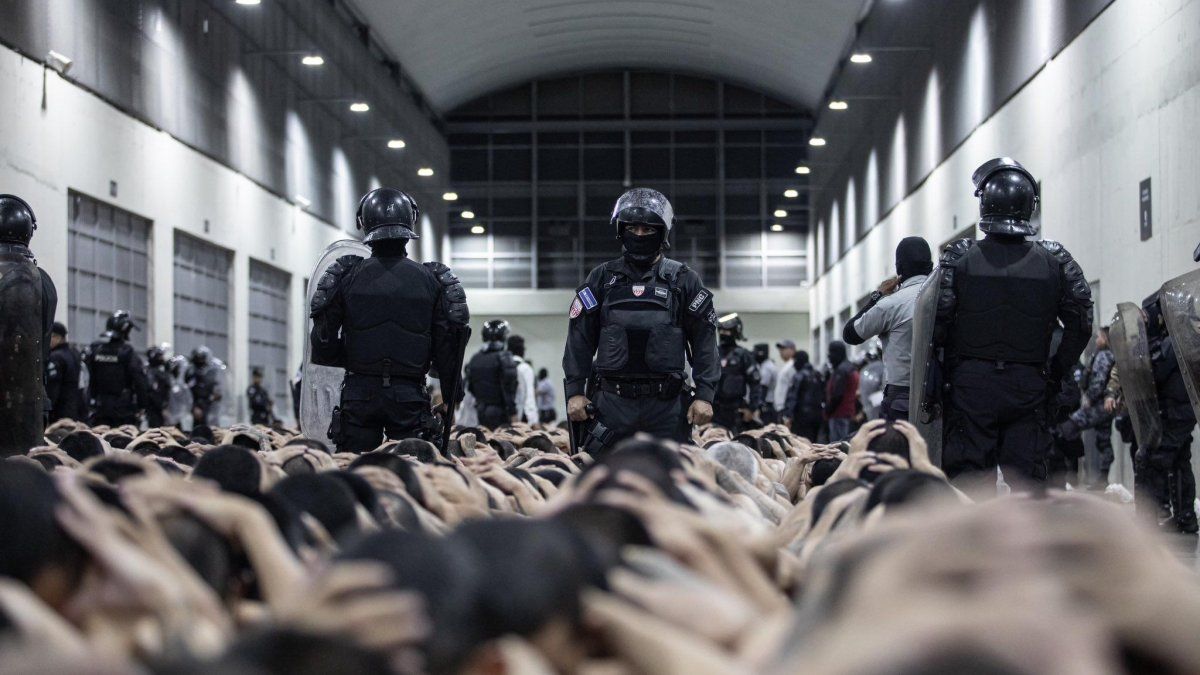Apprenticeship position seeks apprentice – this is how you can describe the situation in many companies these days. The Chamber of Commerce and Industry is sounding the alarm – and companies are having to get creative.
More and more companies in Germany are urgently looking for trainees. According to a survey by the German Chamber of Industry and Commerce (DIHK), around half of their training companies (49 percent) were unable to fill all of their positions last year. This is a negative record, according to the information. More than a third of the companies with difficulties in filling positions also stated that they had not received a single application – extrapolated, this could affect almost 30,000 companies across Germany, according to the DIHK.
“The shortage of skilled workers begins with trainees,” commented DIHK Deputy General Manager Achim Dercks. According to the Chamber, the situation has become increasingly serious over the past ten years. There is now alarm: “Without young, up-and-coming talent, we will soon lack the basis for our industry, for medium-sized businesses, for small companies – and thus for the prosperity of the younger generations.”
Small businesses in particular are struggling. The most difficult areas are filling apprenticeship positions in industry, the hospitality industry, retail, transport and construction. 13,077 companies from various sectors took part in the survey conducted by the Chambers of Industry and Commerce.
Why it is
In recent years, companies have also blamed the coronavirus pandemic for the difficult situation, with its restrictions on career orientation and the search for apprenticeships. But one thing is clear: the main reason is demographic change – there are simply not enough younger employees to replace older ones when they retire from working life.
The chamber also sees shortcomings in career guidance in schools. “Economics, finance and STEM subjects must play a greater role in lessons,” said Dercks. STEM stands for mathematics, computer science, natural sciences and technology. In addition, the trainees need at least a minimum knowledge of German, willingness to learn and manners. However, there is a growing lack of solid basic training.
“Our education system needs to improve in this area. Out of necessity, companies are increasingly taking matters into their own hands and supporting young people who are having difficulties getting started in a variety of ways,” said Dercks. This ranges from tutoring in German and math to coaching in self-management and motivation.
According to data from the Federal Employment Agency, the number of applicants for apprenticeships has recently increased by three percent. However, by July there were 85,000 more apprenticeships reported than applicants. The construction industry, catering, metal and electrical trades, sales and logistics in particular had problems filling positions.
In contrast, there were comparatively few vacancies in software development, carpentry, automotive engineering and horticulture, as well as in painting and varnishing. Young people have relatively little chance of finding apprenticeships in animal care and in artistic-creative professions such as media design, interior design, camera or sound technology.
Trial days, Tiktok: What companies are coming up with
Most companies still use the traditional approach when looking for trainees: with student internships, online job exchanges and training fairs. They say that personal contact works best. According to a DIHK survey, 70 percent of companies get to know future trainees on taster days, job fairs and through internships. The most important ambassadors here are their own employees.
But that alone is not enough to get a company into the sights of young school leavers. More and more companies therefore not only have a website (86 percent), but are also active on social media platforms. 45 percent of the companies surveyed reported having Instagram accounts, 36 percent are active on professional platforms such as LinkedIn or Xing – and at least 11 percent use Tiktok, YouTube or Whatsapp to draw attention to themselves.
They now have to offer their trainees more: flat hierarchies, good technical equipment, financial incentives and stays abroad are now the order of the day. “Companies are increasing their efforts to offer interesting training positions,” explained Dercks.
Trainees from abroad
According to a DIHK survey, every second company is now trying to recruit trainees from abroad – especially in the catering and transport and logistics sectors. However, language skills in particular continue to be a hurdle: 81 percent of companies see the insufficient German language skills of their foreign trainees as the biggest challenge. Cumbersome bureaucratic processes for visa and residence procedures also make hiring more difficult.
Training survey statistics employment agency
Source: Stern




